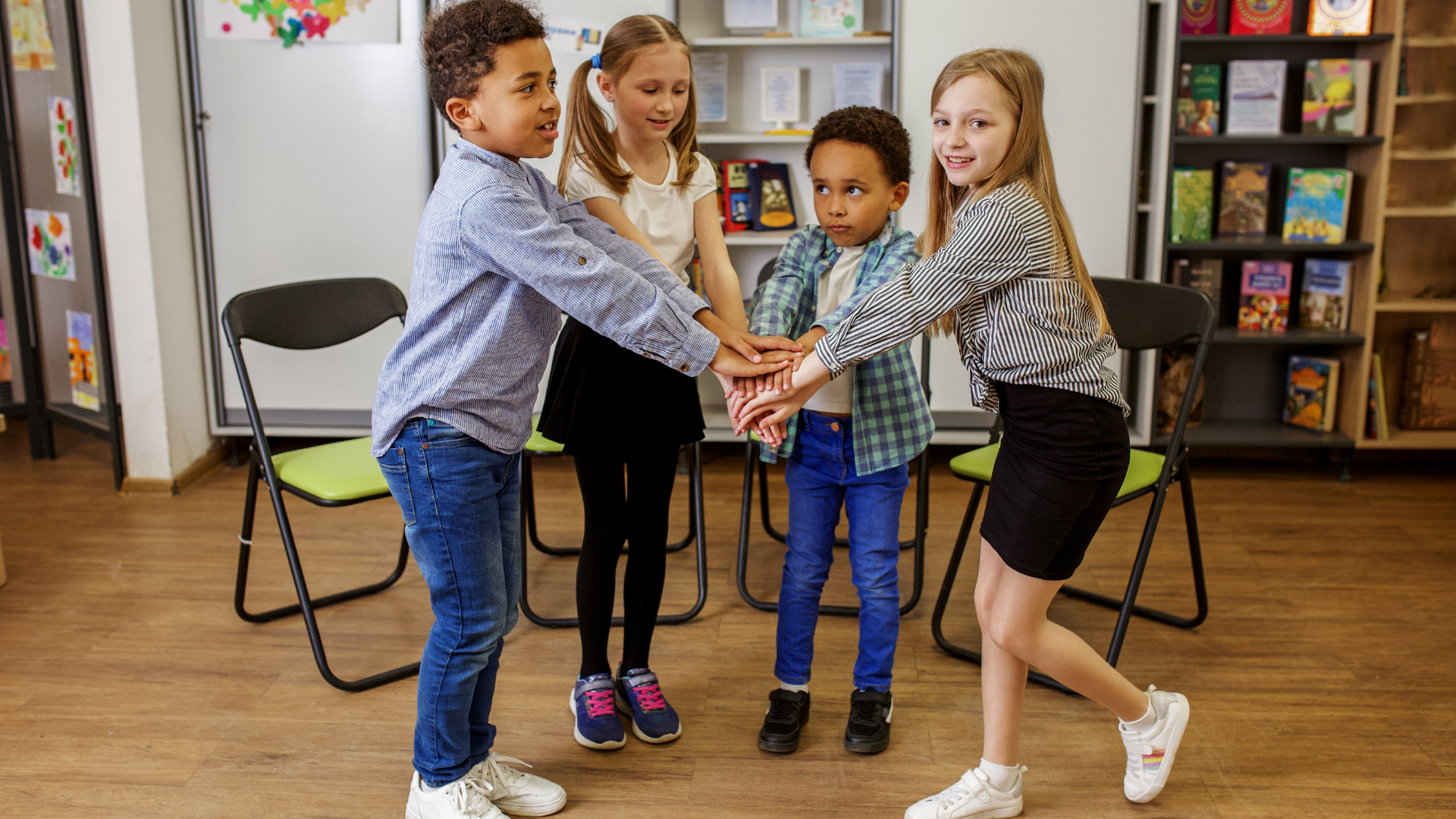5 Important Social Skills to Teach Your Children
As a parent, you already know there are countless things your children will learn from you as they grow.
Sometimes, thinking about everything you want to teach them can be overwhelming.
It’s easy to think about what they’ll need to know from an academic standpoint. But, don’t forget about other important areas of education that will benefit them well into adulthood.
One of the most important things you can teach your children is how to improve their social skills.
By teaching social skills from a young age, your child can gain confidence and self-esteem, learn how to work with others, problem-solve, and be set up for greater success as they get older.
Not sure where to get started? Let’s cover a few important social skills to teach your children that you can get started on right away.
1. Listening
Communication is a two-way street.
It’s important to teach your child how to express themselves clearly and respectfully, but listening is just as essential.
So many adults struggle with being active listeners. It’s something you can help your child with from a young age.
To teach them active listening, encourage them to pay attention when someone is speaking, and to ask questions when they need clarification or want to know something more.
2. Following Directions
Kids can follow basic directions very early on. But, even if they tend to do what they’re told at home, it’s a different ballgame when they enter school.
Listening and following directions go hand-in-hand.
You can help your child become better at following directions by giving them step-by-step processes to follow.
Reward them for following directions and let them know that, eventually, the reward will be the completion of the task, itself.
3. Collaboration
Kids aren’t always known for wanting to share their things or work together with others. But, collaboration is an essential communication skill that will help them forever.
When kids learn how to collaborate, they’ll see that their voice matters in a group, but so do the opinions and ideas of others.
They will learn how to problem-solve and deal with different opinions and suggestions. Collaboration can make them a team-player and give them a greater sense of respect for other people.
4. Empathy
Some might argue that empathy can’t be taught. But, it’s certainly something that can be instilled and fostered into your child.
When your young child learns to understand people’s differences, they’re more likely to not only be accepting, but show genuine care.
You can start small by showing your child empathy every day. It can be displayed through the sharing of toys, or when a friend or family member feels sad or gets injured.
Be a role model for empathy, and your child will pick up on it more than you might think.
5. Patience
Patience is often referred to as a virtue. But, it’s also an important social skill.
Teaching your child patience will help them overcome challenges, foster healthy relationships, and understand the benefits of delayed gratification.
There’s no question that we live in a fast-paced world where people have learned to expect things immediately.
By instilling patience in your child, you’re teaching them a skill that will help them in the future with school, friendships, a career, and more. Patience might be a virtue, but it’s one that can be taught over time.
While there are many additional social skills that are important for kids to learn, make sure you’re focusing on these as foundational tools for your child to build upon as they get older.
Most importantly, make sure you’re displaying these skills every day at home, so your child can learn from their favorite role model.
***
If you feel like you need some guidance in teaching your kids great social skills, reach out today and book a consultation.
We’re here to help.


